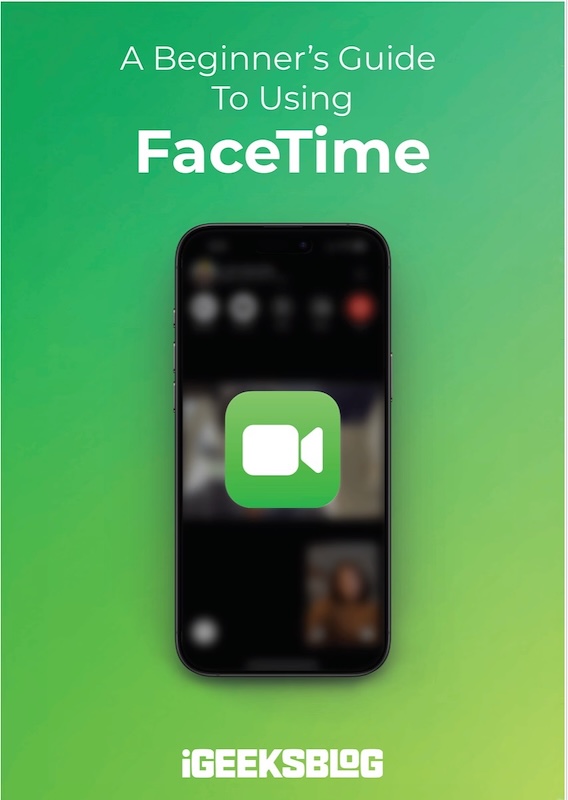
FaceTime Like a Pro
Get our exclusive Ultimate FaceTime Guide 📚 — absolutely FREE when you sign up for our newsletter below.

FaceTime Like a Pro
Get our exclusive Ultimate FaceTime Guide 📚 — absolutely FREE when you sign up for our newsletter below.
See why security experts call the iPhone 17 the most secure smartphone yet, thanks to game-changing hardware technology that disrupts cyberattack tactics.
Apple’s latest iPhone lineup has introduced a noteworthy advancement in security. Tucked away within the announcements for the iPhone 17 and iPhone Air is a feature called Memory Integrity Enforcement, or MIE. This addition is designed to fend off a major class of cyber threats: memory corruption exploits. These kinds of vulnerabilities are the same ones used by spyware firms and forensic tools to compromise smartphones.
MIE operates at a different level compared to standard software updates, functioning directly at the hardware layer. It assigns each memory segment its own digital key, and only applications possessing the correct key are granted access. If an application lacks the correct key, access is denied, the process is forced to close, and the incident is logged for further examination. This not only keeps intruders at bay but also aids Apple in identifying new vulnerabilities faster.
The foundation of MIE lies in the Enhanced Memory Tagging Extension, or EMTE, which Apple co-developed with Arm, having been in the works for over five years. By default, it protects vital Apple applications like Safari and iMessage, warding off threats from remote spyware like NSO Group’s Pegasus and physical hacking tools such as Cellebrite or GrayKey. While third-party developers can incorporate MIE into their apps, adoption across the board may take some time.
Security professionals are already hailing MIE as transformative. An experienced exploit developer has told TechCrunch that the iPhone 17 now represents “the most secure computing environment connected to the internet.” Experts, including Jiska Classen and Patrick Wardle, suggest that existing spyware methods will become obsolete, forcing attackers to invest significantly more resources to create new exploits. Additionally, Matthias Frielingsdorf from iVerify points out that unsuccessful hacking attempts now leave clearer traces, which can significantly aid security investigations.
Although MIE does not render iPhones completely hack-proof, it shifts the playing field. Those behind spyware development will face increased expenses and frequent failures, while everyday users enjoy enhanced security without needing to lift a finger. It’s a subtle yet significant advancement in smartphone security, reflecting Apple’s typical understated approach, and it could very well set a new benchmark for mobile privacy.
Would these security enhancements impact your decision to choose a smartphone? Share your thoughts below.